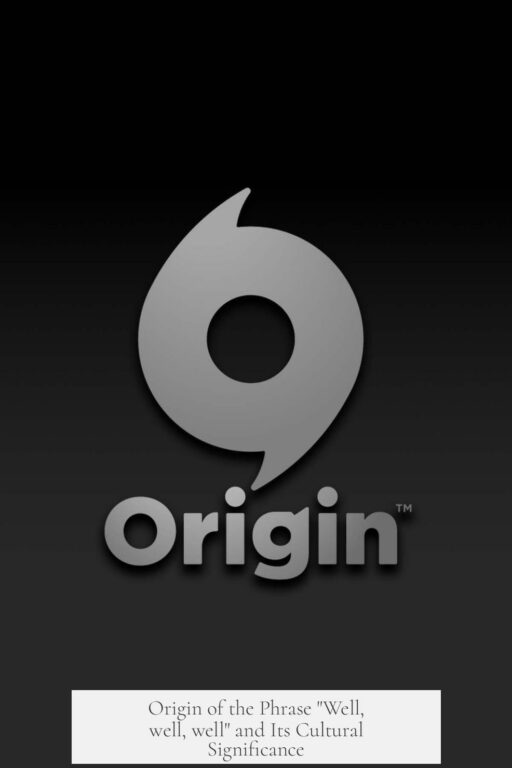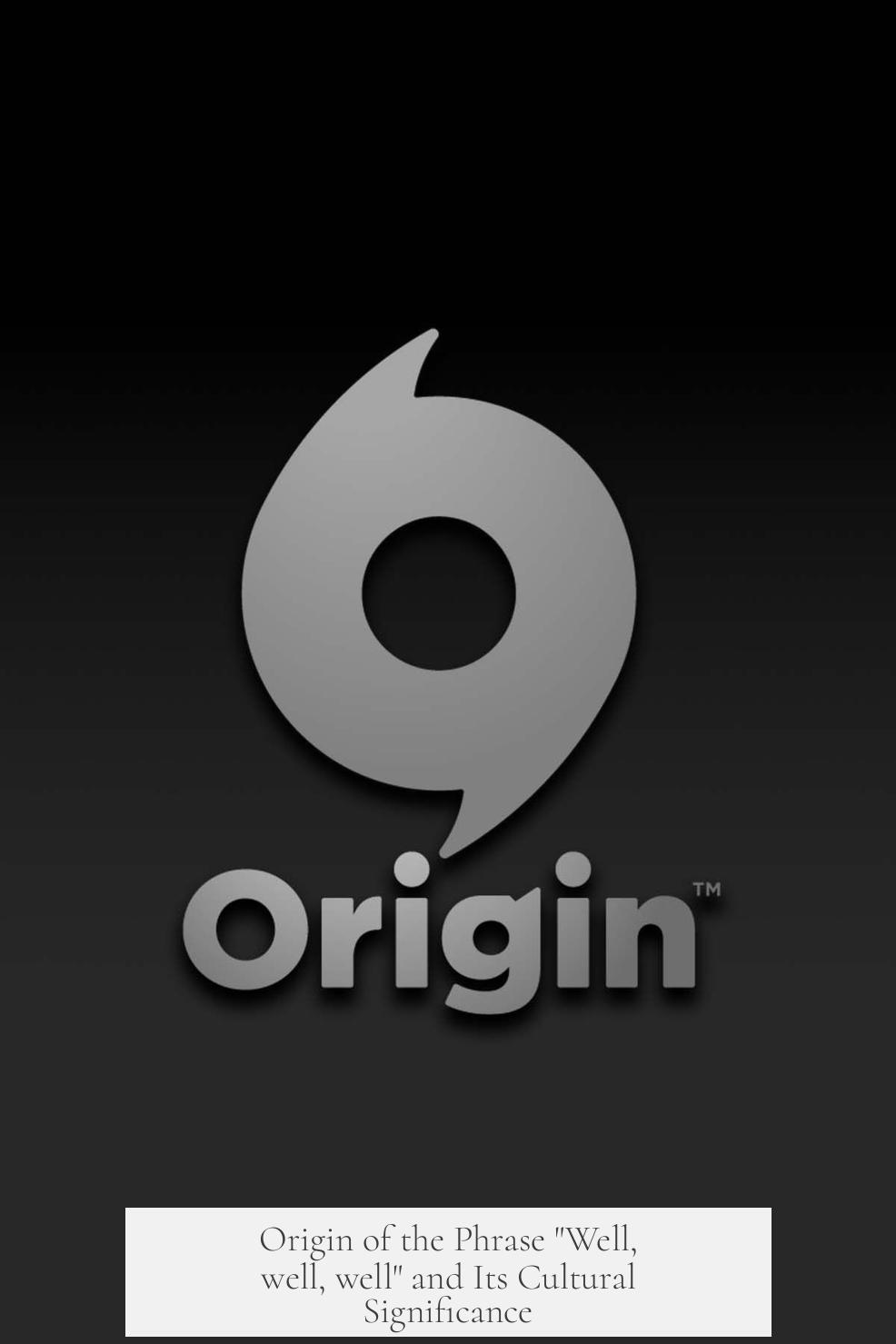The phrase “Well, well, well” originates from the use of “well” as an interjection, which dates back to Old English. The practice of repeating an interjection for emphasis has long been a part of English language history.
The earliest recorded use of this specific phrase, “well, well, well,” appears in John Foxe’s Actes & Monuments from 1563. This source, referenced by the Oxford English Dictionary (OED), captures a moment where repetition of “well” is used to express a resigned or reflective response rather than simply filling a pause.
In the cited passage, a character named doctor Ridley reacts to a legal pronouncement by sighing and saying, “Oh wel, well, well.” This illustrates that the phrase’s function extended beyond mere hesitation to convey a nuanced emotional or rhetorical effect. It suggests contemplation or a measured acknowledgment of circumstances.
The word “well” itself functions as an interjection for various responses: surprise, doubt, resignation, or to introduce a statement. Repeating it multiplies these effects, often adding weight or emotional texture in conversations.
- “Well” dates back to Old English as an interjection.
- Repeating interjections is a historical linguistic device for emphasis.
- The phrase “well, well, well” was recorded in 1563 in Foxe’s Actes & Monuments.
- Its use conveys more than hesitation—often implying reflection or resignation.
In modern usage, “well, well, well” often signals surprise or mild sarcasm. However, its roots show a more solemn or thoughtful tone in earlier English.
Understanding the phrase’s origin highlights the evolution of language and how repetition enhances emotional expression. It remains a vivid example of how a simple word repeated thrice can convey complex attitudes.




